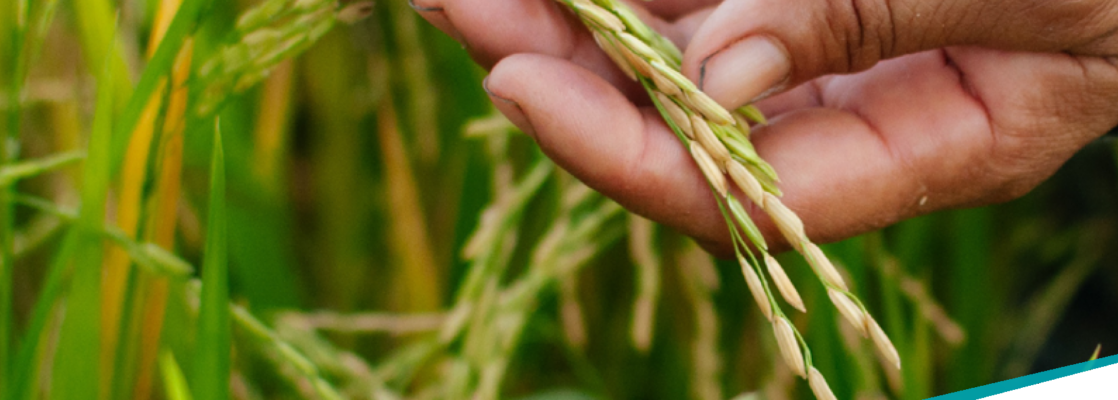The impacts of climate change on resource-poor farmers are especially severe and include increased challenges with food security and food safety. This report explores how linking the frameworks of nature-based solutions, integrated pest management (IPM), and One Health can facilitate the design of climate-resilient plant health systems, with particular benefits for reduced pesticide use and exposure. Climate-smart approaches to IPM are proposed as a means to reduce emerging risks from pest insects, nematodes, weeds, and diseases under climate change. We elaborate on the main climate change threats – and adaptation options – for five key nature-based solutions central to IPM: host plant resistance and tolerance, habitat manipulation, biological control, semiochemical control, and the use of biopesticides. We conclude by laying out a road map for ‘climate-smart IPM’, which outlines the types of support required for practical implementation, such as climate-informed advisory services, information and communication technology, and policy. While emphasis throughout is placed on smallholder production systems – particularly for sub-Saharan Africa – the principles of climate-smart IPM can be considered relevant to crop production generally.
Authors: Paul A. Egan, David Chikoye, Kristina Karlsson Green, Manuele Tamò, Benjamin Feit, P. Lava Kumar, Ranajit Bandyopadhyay, Ghislain Tepa-Yotto, Alejandro Ortega-Beltran, May-Guri Sæthre, Danny L. Coyne, James P. Legg and Mattias Jonsson
Contact address: https://www.slu.se/en/collaboration/about-collaboration-at-slu/external-collaboration-specialists/
Institution: Swedish University of Agricultural Sciences (SLU), Department of Plant Protection Biology, Alnarp, Sweden
Twitter name of the institution: @_SLU
Twitter link: https://x.com/_SLU
Available downloads:
Harnessing nature-based solutions for smallholder plant health in a changing climate


